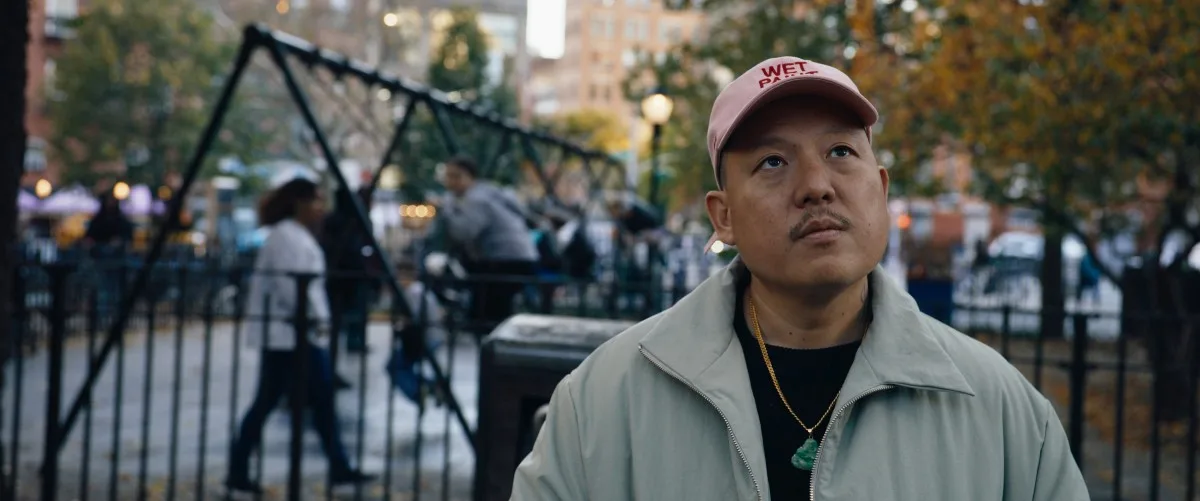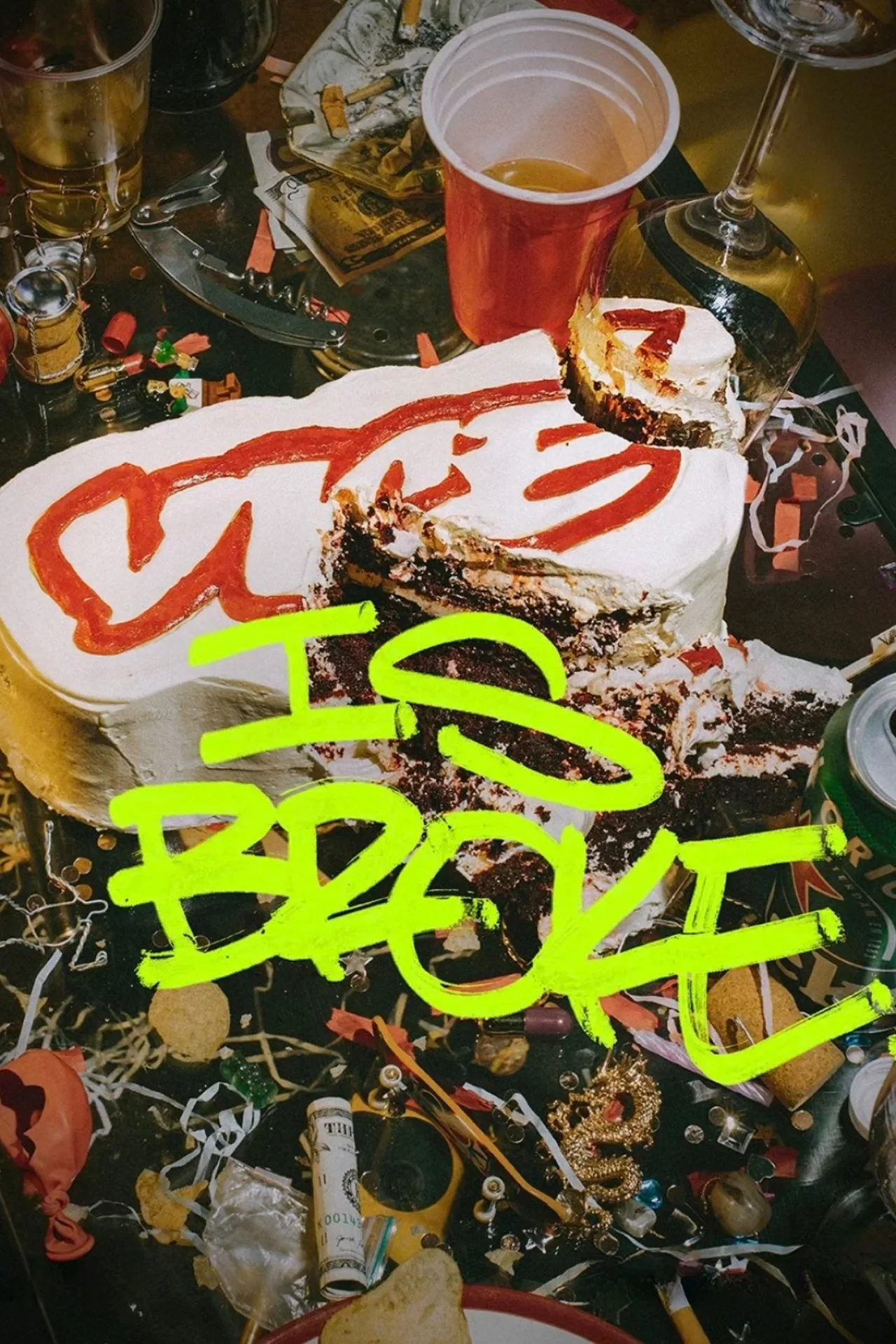Eddie Huang’s “Vice is Broke” illustrates the foundational problem with films made by people who are too close to their subject. Huang, a talented writer, content creator, and notoriously the inspiration for ABC’s “Fresh Off the Boat” (which he left before the end of the first year over creative differences) was a part of the team of journalism mavericks who turned Vice into a wildly influential force in the industry. How did Vice go from a punk rock version of the news into a bankrupt disaster in the blink of an eye? You won’t get much of an answer here.
The problem with “Vice is Broke” is it never quite gets around to answering what went wrong with Vice, content to mimic its “quirky” form of filmmaking as interview subjects recall the toxic workplace atmosphere that undeniably produced some formative journalism. Huang is front and center through all of it, and while he’s a likable presence, he becomes a distracting one, too often making himself the story instead of the subject on which he’s ostensibly reporting. A generous reading of the film would be that Huang inserts himself into the Vice legacy so prominently because the personalities of the company would often do the same—it does feel at times like he’s using the Vice style to tell the Vice story—but this approach becomes increasingly frustrating as the film itself illustrates the limitations of making the story too much about the storyteller, a common problem at Vice.
Vice Media began as a magazine in Montreal in the 1990s, founded by Suroosh Alvi, Shane Smith, and Gavin McInnes. It moved to New York City in the 2000s and just exploded, gathering a following through its irreverent tone and boundary-busting courage when it came to sensitive subjects like sexuality. One of the most infamous early series in the Vice legacy was a series of ‘How To’ guides about everything from female ejaculation to cunnilingus. As the brand expanded, more and more people were drawn to the empire, including Anthony Bourdain, David Choe, and Huang. Before you knew it, Spike Jonze was a creative director, expanding the company into digital video, and the company landed a deal with HBO in the 2010s. One of Huang’s underdeveloped yet persuasive arguments is that when anything niche gets as big as Vice did in the 2010s, it’s doomed to fail. You can only be Vice if you don’t have to keep anyone happy but yourself; you can’t be on HBO if you don’t have to keep some people happy.
Huang’s approach to the story of Vice is to intertwine his memories with those of former employees who answered his request for an interview, but he often gets sidetracked by the latter. Why do we need to spend so much time on how much money Vice still owes him instead of issues like the sexual harassment and defamation settlements reported on by The New York Times in 2017? Huang includes a great clip from “Page One: A Year Inside the New York Times” in which the inimitable David Carr takes Shane Smith down about a hundred pegs, but it’s a film that’s constantly, frustratingly missing the bigger context in favor of framing it through Huang’s experience.
Two examples of this illustrate how “Vice is Broke” is so misguided. Early on, Huang reveals that some people suggested he should be an “Asian Guy Fieri” if he wanted to be popular. So he actually conducts one of the better interviews in the film while wearing a Fieri costume. Later in the film, we will see him correctly castigate a man for using people for his own enjoyment, making his needs greater than the others on camera, without considering how the Fieri decision exists on the same spectrum—stealing focus from the real subject of the conversation.
The other frustrating moment occurs after what should be one of the film’s most memorable conversations: a chat with Gavin McInnes, who left in 2008 and would go on to found the Proud Boys, and is as genuinely racist, sexist, and awful as he thinks will garner him attention. Huang comments in narration and off-camera about Gavin’s white supremacy, but it truly feels like he gets owned in the interview, never pushing back hard enough on Gavin’s edgelord talking points like he’s never met a racist or that women would be happier if they didn’t work. There’s a truly interesting movie to be made about how people like Gavin McInnes have figured out how to get attention without ever saying anything they genuinely mean, and even how that brand of button-pushing journalism is embedded in the foundation of Vice, but it doesn’t end with Eddie and Gavin arm wrestling, which they do here. Why? I don’t really know.
It’s not hard to see the influence of Vice Media all over the internet, although it is more pronounced in the podcast and viral video sphere than it was when the company was at its peak. How did we go from zine culture in Montreal in the ‘90s to the Proud Boys to whatever journalism is today? What does it say that one can draw a line from the rebels of news to the misinformation pipelines that turn podcasts into hits in the 2020s? I’m not sure if one movie can tell that entire story, but I don’t think it will feature a Guy Fieri costume.




















